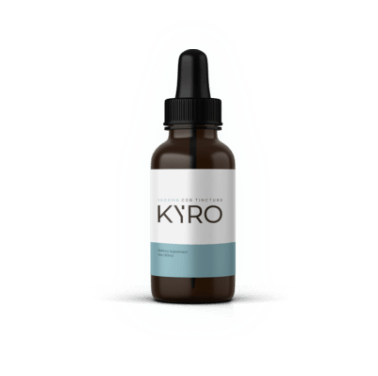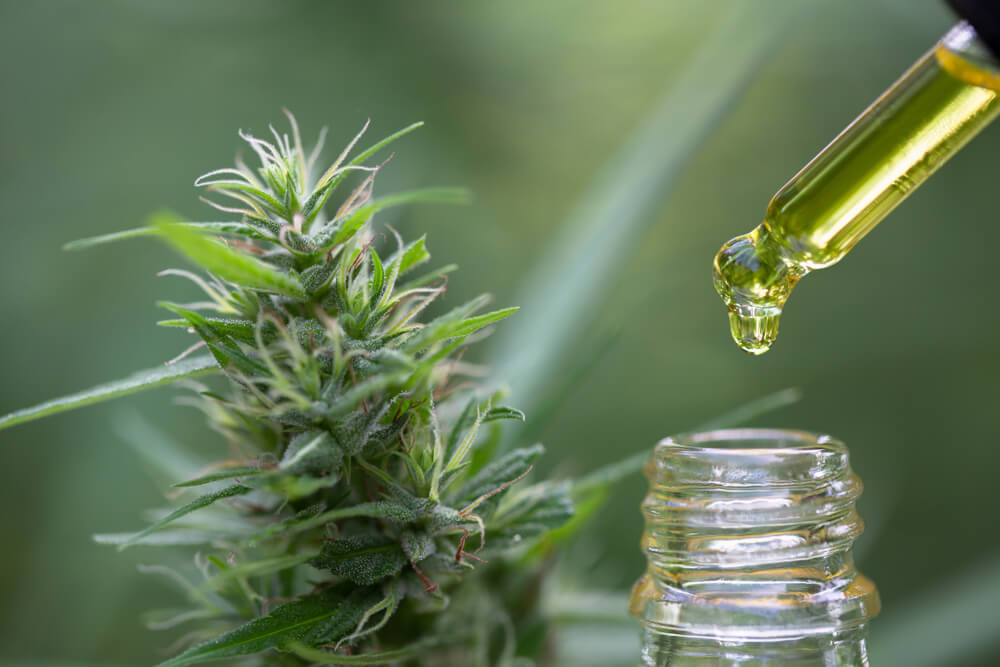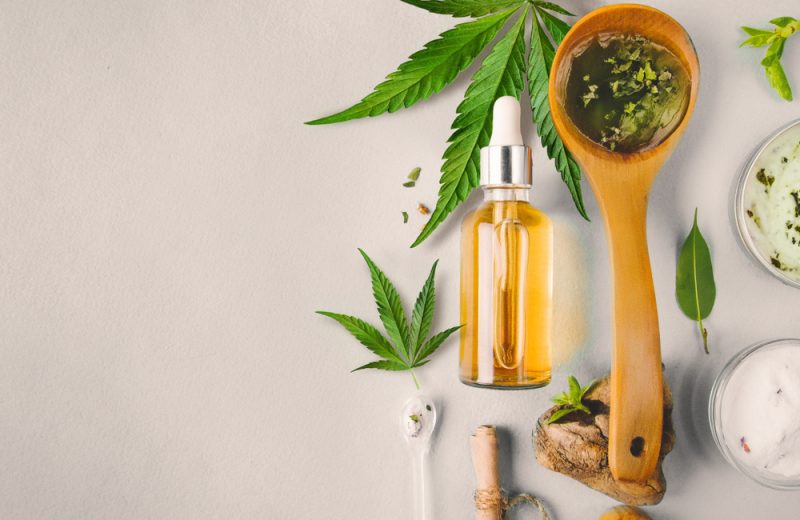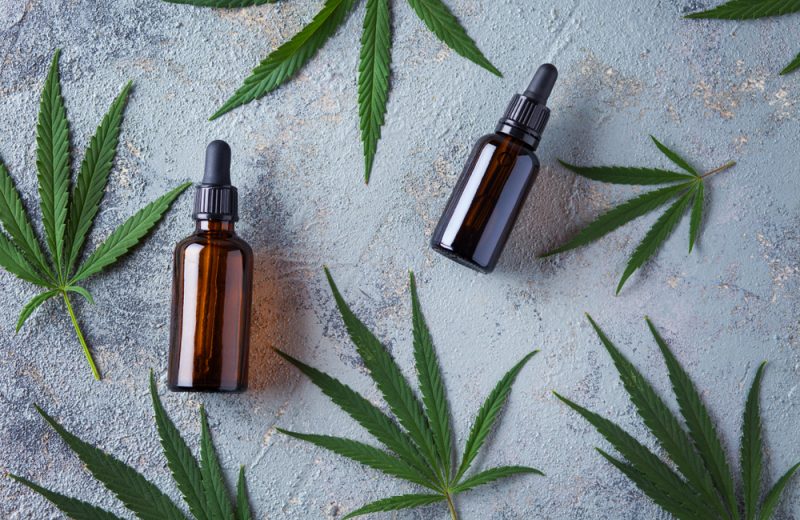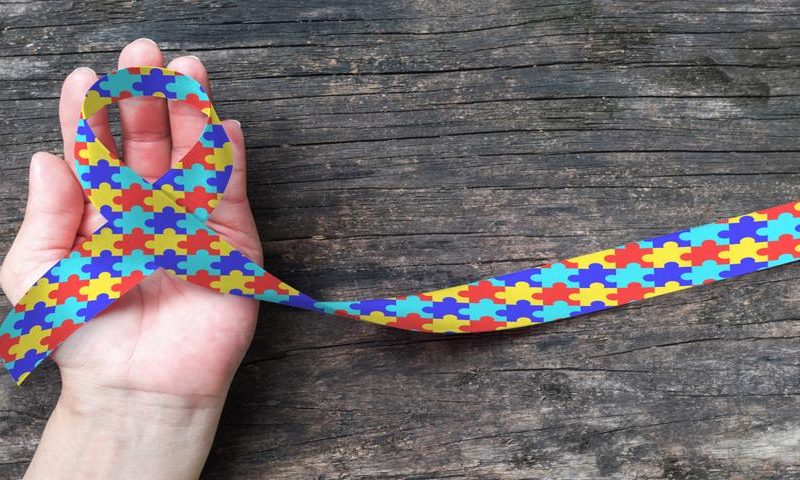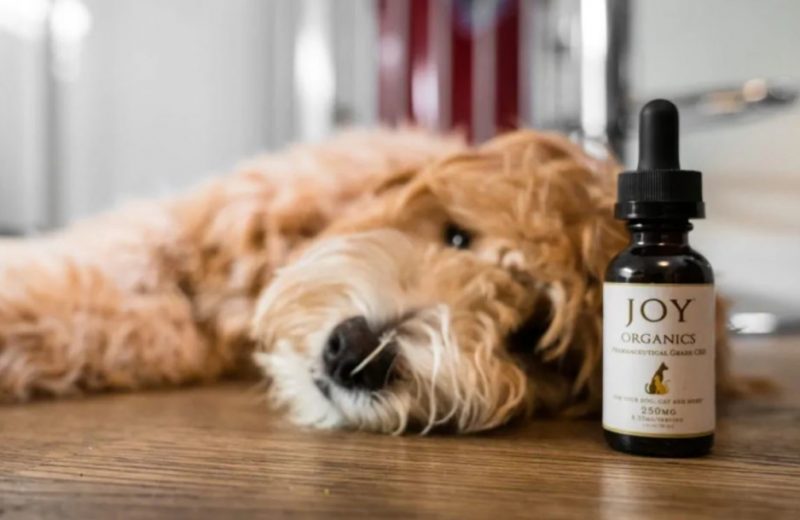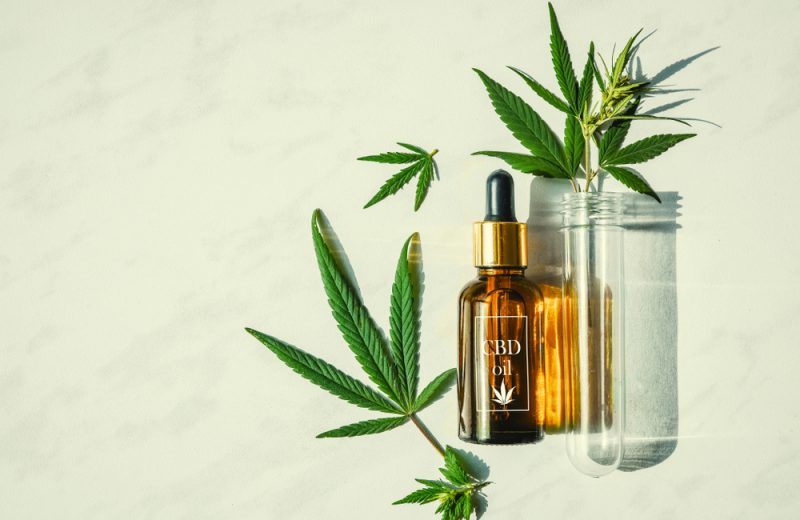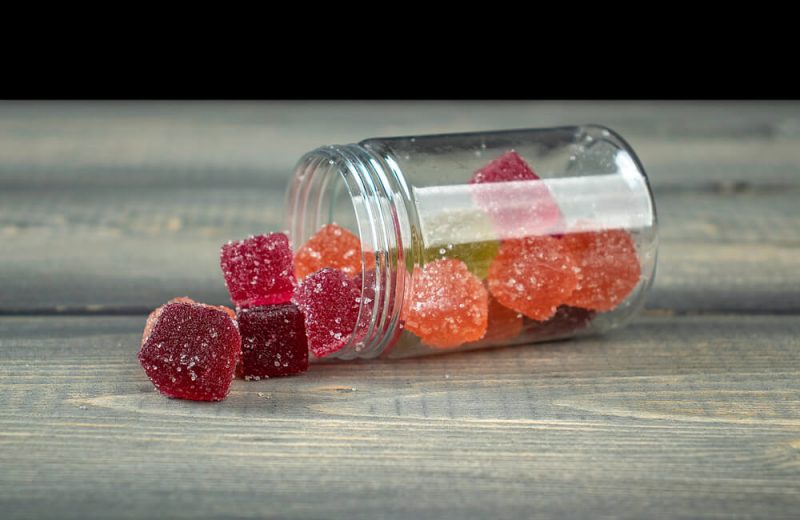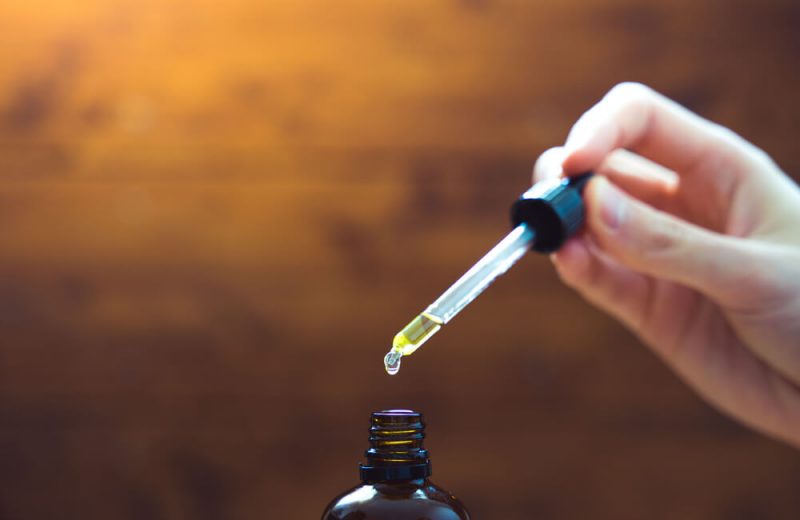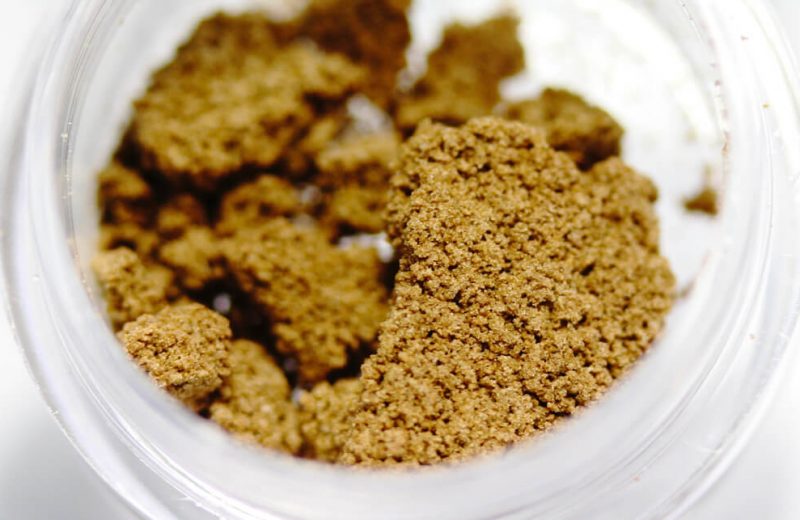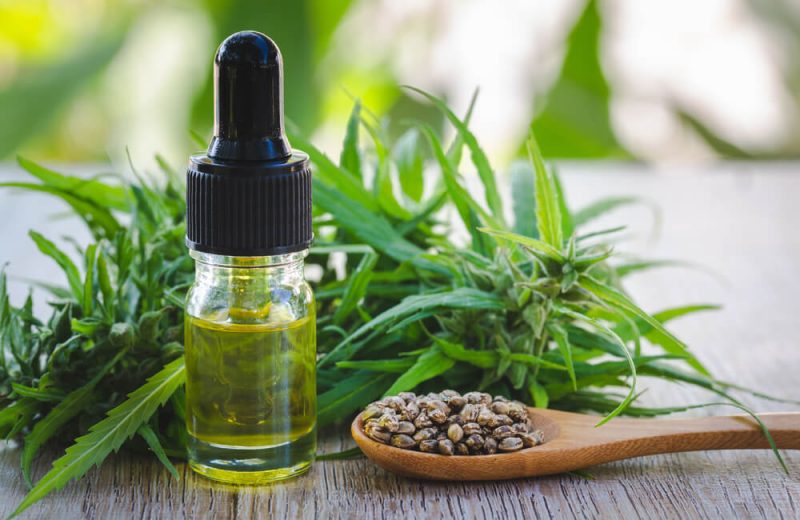Although the terms are often confused, there is a considerable difference between CBD and hemp oil. Some of the confusion may originate that CBD and hemp oil come from the same plant. That happens to be the cannabis plant. To explain it better, let us break it down a bit further.
Hemp Oil
Hemp oil is the oil that is extracted from hemp seeds (Cannabis Sativa).
CBD (cannabidiol)
CBD is the oil extracted from the hemp plant (stalk to bloom).
There are further differences between hemp oil and CBD. The hemp seed oil contains not CBD but many beneficial elements to good health. CBD, on the other hand, also offers several health benefits.
Hemp Seed Oil – What’s In It
Hemp Sensi Seeds contain many beneficial antioxidants such as the fatty acids known as omega-3 and omega-6. There is also gamma-linolenic acid, vitamins D and B, and much more.
Hemp Seed Oil – How To Use It, How It Works
The antioxidant and vitamin content of hemp seed oil makes this product a popular ingredient in many dietary supplements. It is safe to use simply because the concentrations of CBD and THC (tetrahydrocannabinol) are so low that they have no impact on the user. Hemp seed oil is a heart-healthy supplement as it can enhance cholesterol amounts, high-density lipoprotein cholesterol, low-density lipoprotein cholesterol, and triglycerides.
Precautions
There have been reports of people experiencing stomach issues after consuming hemp seed oil, but this does not appear to be widespread. Before turning to this product as part of a treatment plan, it is always wise to seek the advice first of a medical professional.
CBD Oil – What’s In It
There are three primary varieties of CBD oil. One is called “full-spectrum,” which contains all cannabinoids but low levels of THC; another is hemp oil extract which contains a range of cannabinoids, including CBD but no THC. The final choice is the oil extracted from CBD isolate. This contains only CBD. To be sure you are purchasing the variety you want, read the labels and ask the retailer questions.
CBD Oil – How To Use It, How It Works
CBD oil is popular for the many different health issues it can assist in treating. They include addiction management, anxiety and depression, epilepsy, inflammatory skin conditions, neurodegenerative conditions, and pain and inflammation.
Although it is not entirely clear how CBD impacts the body, there has been scientific research that has drawn several conclusions on the potential mechanisms of action that CBD triggers. They include an increase in serotonin receptor activity, a reduction in endocannabinoids entering the system, and the activation of pain-regulating receptors.
The human body contains both CB1 and CB2 receptors. Both are still under study by the scientific community but this much is known: the psychoactive effects of full-spectrum CBD oil (which contains THC) result from the THC binding to CB1 receptors. Conversely, CB2 receptors can have the molecule beta-caryophyllene bind to them. This molecule is found in both full-spectrum and broad-spectrum CBD oil.
Precautions
There are several studies to determine the safety of CBD-based products. The research results show that this product is safe and has no negative effects. As for CBD oil, there is not a lot of data available on its safety, but research exists on the adverse effects of chemicals found in CBD-derived products.
No negative effects have been revealed when 300 milligrams (MG) of CBD is consumed daily by people for periods up to six months. Also, people consuming 1.500 mg of CBD daily have shown no adverse effects. However, CBD medication for treating epilepsy did have negative effects following long-term use. The effects included:
- a decrease in appetite
- diarrhea
- fatigue
- Increased liver function
Additional Precautions
It is important to discuss any natural treatment plan with your family physician. The purpose is to determine if this is the right treatment for your condition and to ensure that there is no risk of complications related to pre-existing conditions. With this in mind, purchasing your CBD products from a reputable retailer is also important.
CBD isolate or full-spectrum CBD oil may contain traces of THC or other impurities if not labeled correctly from the source. To ensure you are purchasing precisely what you are looking for, follow these steps:
- Ensure that solvents were not part of the manufacturing process of this product
- The strength of the product is noted on the label
- The product underwent insecticide and herbicide testing
- The USDA confirms the organic status of the product
Reminder
It is important to note that although hemp seed oil and CBD oil come from the cannabis plant, neither will make you ‘high’ simply because the THC contained in both is less than 0.3 percent.
Hemp Seed Oil and CBD Oil
As you know, hemp seed oil and CBD oil are not the same. They are two very different types of oil that come from the same plant. One from the hemp plant’s seeds and the other from plant parts ranging from the stem to bloom. Both have health benefits because of what each oil contains. Hemp seed oil is typically used as a dietary supplement in the apparel and textile industries. You must ingest CBD oil to put CBD directly inside the body.
Final Thoughts
What comes to mind when you hear the word cannabis? Well, the cannabis plant is a source of products that are not psychoactive, although they may contain trace amounts of THC. Both hemp seed oil and CBD oil come from the cannabis hemp plant. Neither is harmful as both contain compounds that are good for you. Although the amount of scientific evidence is still light on the subject, enough exists to verify that using either hemp seed oil or CBD oil is not harmful and may assist in treating certain conditions that other medications may not have been as successful at resolving.

